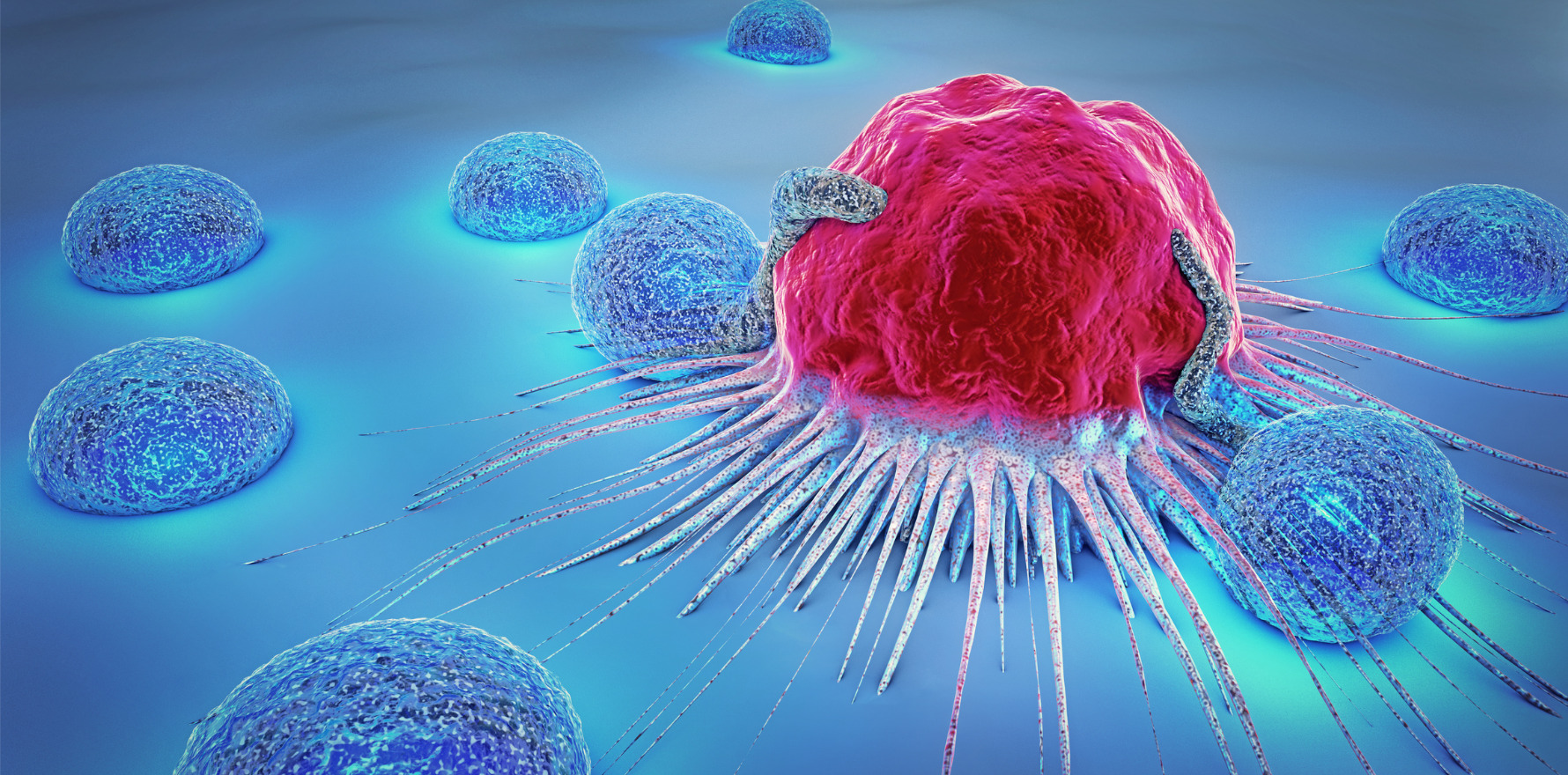Find out what convinced the FDA to approve linvoseltamab-gcpt.
Earlier this month the US Food and Drug Administration granted approval for the bispecific antibody linvoseltamab-gcpt.
Sold under the trade name Lynozyfic (Regeneron), linvoseltamab-gcpt was granted accelerated approval for the treatment of adult patients with relapsed or refractory multiple myeloma who have previously tried at least four different lines of therapy.
The FDA’s decision was based on the results of the LINKER-MM1 trial, a phase 1/2 study that involved 80 multiple myeloma patients that reported 70% of patients displayed an objective response and 45% of patients displayed a complete response.
The most common adverse events observed in the LINKER-MM1 trial included musculoskeletal pain, cough, upper respiratory tract infection, fatigue, diarrhoea, nausea, pneumonia and headache. On the more severe end of things (i.e., grade 3 or 4 laboratory abnormalities), decreased counts of neutrophils, lymphocytes, haemoglobin and white blood cells were commonly observed. The drug will only be available through a risk evaluation and mitigation strategy.
Professor Sundar Jagannath, network director of the Centre of Excellence for Multiple Myeloma at Mount Sinai Hospital and a LINKER-MM1 trial investigator, said the decision signified “meaningful progress” for multiple myeloma patients.
“Lynozyfic demonstrated early, deep and durable responses in heavily pre-treated patients, which I saw firsthand in clinical trials… [it] has a convenient response-adapted dosing regimen, which provides the potential to extend time between doses. This is a significant patient-centric advancement that could help reduce treatment burden,” he said in a statement.
Regeneron’s president and chief scientific officer Dr George Yancopoulos (MD/PhD) the company believed the drug had a strong role to play in the future.
Related
“With a 70% overall response rate in heavily pre-treated patients, we believe Lynozyfic is poised to potentially become a new standard of care for multiple myeloma,” he said.
“Furthermore, given the strength of the data, we are rapidly advancing our broad clinical development program for Lynozyfic – exploring its use in earlier lines of therapy as monotherapy and in novel combinations – as we aim to meaningfully advance care for patients.”
Linvoseltamab-gcpt is designed to connect B cell maturation agent on multiple myeloma cells with CD3-expressing T cells to activate T cells, leading to the destruction of cancer cells. The treatment is administered using an initial step-up dosing regimen, followed by the full 200mg dose administered once a week for 14 weeks. After this point, patients move to receiving a dose once per fortnight.
Cancer Council Australia estimated that over 2500 people were diagnosed with multiple myeloma – a type of blood cancer that develops from plasma cells in bone marrow – in 2023. The average age of those diagnosed was 71 years.





